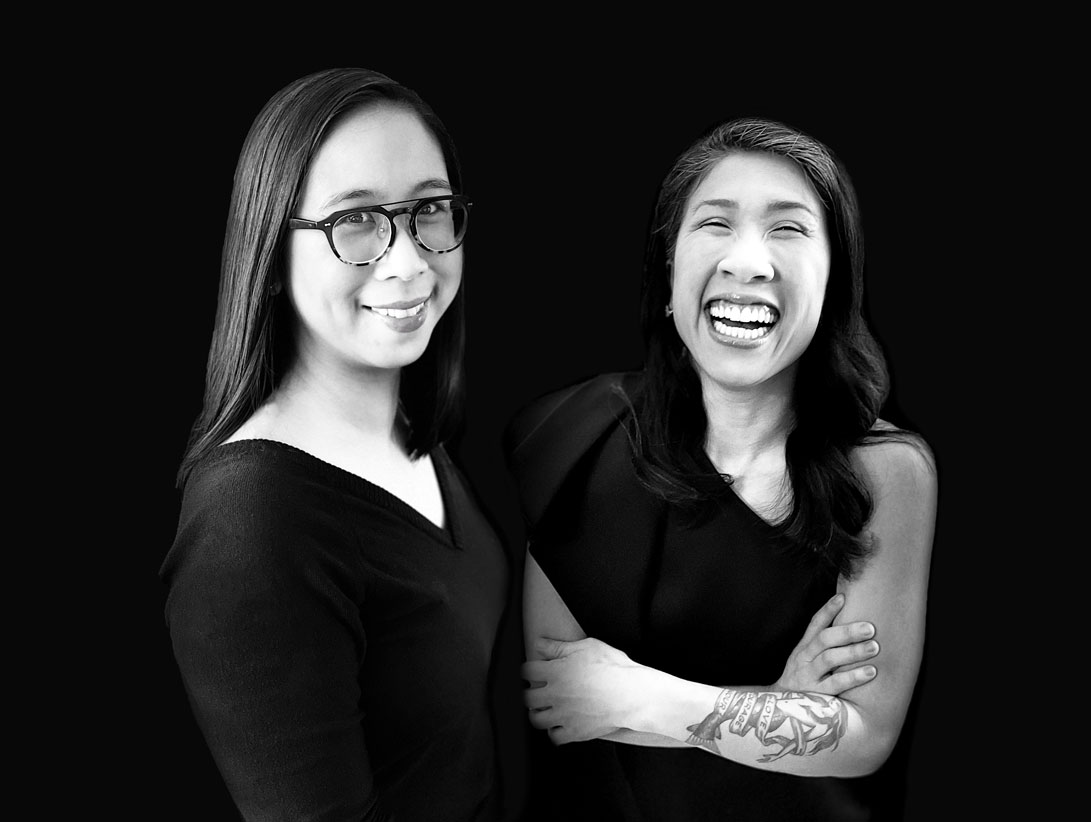In the movie Friends with Money, the character Jane, 43, is so depressed she can’t wash her hair, and gets kicked out of Old Navy after objecting to someone who cut in line. Her husband asks what’s going on.
“I feel like there’s no more wondering what it’s gonna be like,” she says.
“Like what’s gonna be like?” he asks.
“My fabulous life,” she replies.
When that movie came out in 2006, a group of friends who used to work for the University of Alberta’s The Gateway newspaper were venturing into adulthood. Some – like Sarah Chan and Don Iveson, Jhenifer Pabillano and David Zeibin, and Leanne Brown and Dan Lazin – would marry. Many have kept in touch. Like Jane, they’ve found life has brought some fabulousness, certainly, but also lashings of pain, anguish and heartbreak, and a generous helping of angst.
Together they’ve published Midlife, an anthology of their reflections on reaching middle age.
“The goal was to reconnect – to ourselves as creatives and to each other as friends,” says Chan, 40, who dreamed up the idea for the book in the depths of COVID-imposed isolation last winter.
“People have gone all over the world, they’ve fulfilled their dreams, they’ve gone to Oxford, they’ve become the mayor, they’re all leading pretty heavy duty jobs and they’re people of significance and success in the world. But we’ve all been spread across the globe, and so it was nice to be able to reconnect and also acknowledge the relationship and bond we had 20 years ago.”
For Pabillano, 39, the project filled a gap she’s been aware of – a lack of writing about the particular experience of reaching midlife in Canada at this point in history.
“It felt like we were at a point in our lives where you’ve accumulated things to say and I wanted to hear them, and I wanted to also try my hand at saying some of them,” says Pabillano, who co-edited the project and writes in the book about the transformative experience of pregnancy.
“The work is genuinely good writing, really touching and funny, and a great snapshot of what life is like in Canada, at midlife, in 2021,” says Pabillano.
